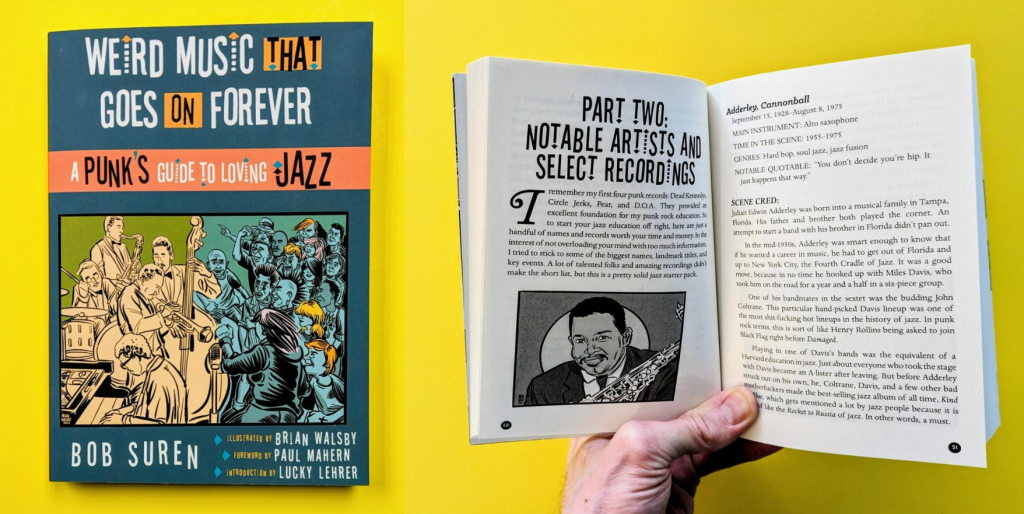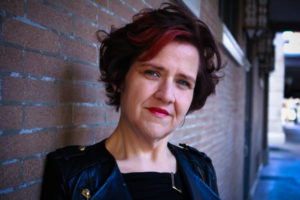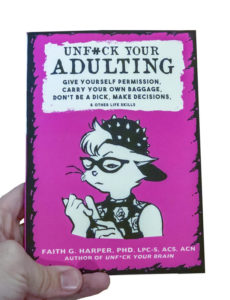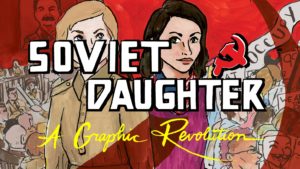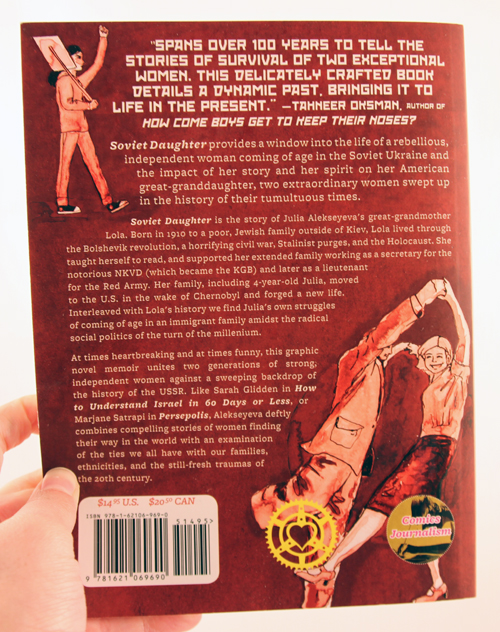The Horrors of Being a Human Q&A
A conversation with Desmond Reed
Desmond Reed is an award-winning Boston-based cartoonist and illustrator best known for his web comic The Cola Pop Creemees. His debut graphic novel, The Cola Pop Creemees: Opening Act, was published by Birdcage Bottom Books in April 2023. Later that year, MIT appointed Desmond a 2023/2024 Residential Scholar in recognition of his work in comics. Before becoming a cartoonist, he worked for nearly a decade as a paralegal at a premier litigation, labor, and employment law firm located in Boston. Desmond is represented by Daniel Lazar of Writers House.

Our team chatted with Desmond to celebrate his latest Cola Pop Creemees creation, The Horrors of Being a Human, in which the eponymous band experience every emotion. Want to know what Desmond is writing, drawing, and reading? Find out in our conversation below!
What inspired you to write your book?
I wanted to write a book that communicated complex and difficult feelings in a palatable and enjoyable way. There is a lot of wackiness throughout The Horrors of Being a Human, and the main characters are total cartoons, but their stories are actually pretty heavy, dealing with topics such as trauma, depression, and addiction.
What was it like to publish with Microcosm?
It was an absolute dream to publish with Microcosm, and I mean that from the bottom of my heart! Everyone was so friendly, capable, and supportive. It felt like we were all just having fun and then a book magically appeared! I have been a fan of Microcosm for a while and it is an incredible honor to now be a part of their impressive roster. They are such a unique and innovative publisher…I feel like they exist in their own universe. I’ve never really fit into an obvious category within the world of cartoonists, and so I feel like Microcosm and I are kindred spirits. I love that we found each other and have joined forces to make this book a reality!
What was the submission/query process like for you?
The submission process is tough for almost everyone, and I’m no exception! Rejection is just part of the game as publishers are way more likely to say no than yes (if anything at all). All I can do as a cartoonist and author is work hard enough to put myself in a position to get lucky, and so, again, I feel unbelievably fortunate to have teamed up with Microcosm on this project. It is the perfect home for The Horrors of Being a Human.
What else have you written?
If you like The Horrors of Being a Human, there is actually a whole other graphic novel starring the same cast of characters – and it’s really good! The Cola Pop Creemees: Opening Act was published in 2023 by Birdcage Bottom Books and is also available through Microcosm. Both are standalone books and don’t require reading the other to know what’s going on, but why not just order both at the same time? Live a little! Beyond those two graphic novels, I have self-published a ton of comics and will probably continue to do so for the rest of my life—I’m a machine! I also have a wild amount of comics available on my Instagram @desmondtreed. [Desmond also wrote LEFTY, a comic drawn entirely with his left hand after an injury, following Cola Pop Creemees songwriter Mona Gertrude]
What are you currently reading?
I just finished reading Acting Class by Nick Drnaso and thought it was incredible. It’s like no other graphic novel I’ve ever read. I don’t want to say anything specific about the story, but there is this sense of unease that exists alongside a calm art style, muted palette, and deliberate pacing that creates a really cool vibe. Highly recommend!
What’s the best book you read in the last year?
I know this is cheating, but it is a tie between Complete & Utter Malarkey by November Garcia and Unended by Josh Bayer. Both of these works are original, enjoyable, and true works of art. To me, the most important aspect of a graphic novel is a unique point of view, and these books absolutely knocked it out of the park in that regard (and every regard)!
What’s next for you?
I’m almost ready to pitch a much more experimental THIRD Cola Pop Creemees graphic novel! It’s all brand new and I’m really excited about it. I also have about 100 pages of unreleased Cola Pop Creemees material that didn’t fit into the first two books. What should I do with it all?! I’ve been drawing these comics for five years straight so maybe after 3.5 books I’ve earned a break and I can just coast for a while? I guess it all depends on how well The Horrors of Being a Human performs – buy as many copies as you can!!!
Want to keep hangin’ with Desmond? Check out The Horrors of Being a Human: A Cola Pop Creemees Comic, out now on our site or wherever you buy your books!

